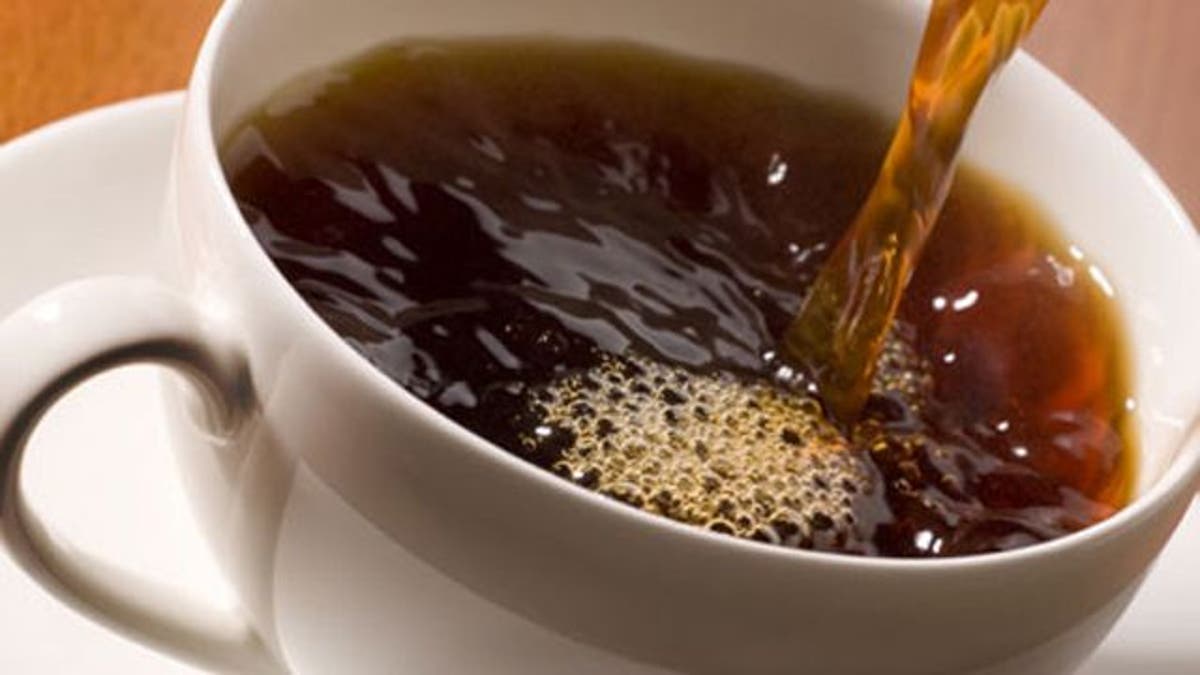
Depending on your personality, your morning cup of Joe may be counterproductive. Though the caffeine will certainly wake you up, it may also dampen your desire to work hard, rather than spur you to action.
The study, published online today in the journal Neuropsychopharmacology, found that “worker” rats, those that naturally wanted to work harder for greater rewards, were more likely to avoid hard work when given amphetamine or caffeine. Only “slacker” rats, those that don’t rise to challenges and aim for small rewards, were motivated by the stimulants.
Researchers from the University of British Columbia set out to examine what motivates people to put out either a lot of effort or a little.
“The degree of effort that we are willing to expend for a goal has far-reaching consequences for our economic and personal success,” the researchers wrote.
For example, if you’re deciding whether to simply punch the clock at work or to go the extra mile, you weigh the cost of the effort with the potential reward.
The study found that rats fell into two groups: “worker” rats and “slackers,” based on how often they gravitated to high-effort, high-reward activities versus low-effort, low –reward activities. Humans, too, can fall into these groups, and certain health conditions cause a lack of motivation, including depression and ADHD.
“I think the most important thing to take away from the worker/slacker distinction is that we don't all make decisions in the same way,” said Jay Hosking, lead author of the study and PhD candidate. “Some of us are happy to put in the extra effort in hopes of a promotion, while others may be satisfied to earn their wages and do the bare minimum at work.”
What was perhaps more surprising was that stimulants may have a beneficial effect on “slackers,” and a subduing effect on “workers.” That may mean the people who know they suffer a lack of motivation could benefit from coffee.
The bottom line: If you tend towards low energy, caffeine may boost you into a more goal-oriented category, but if you’re already a hard worker, you may want to cut back on that afternoon cup of coffee.
“I think this is already somewhat understood in everyday life; for some of us, coffee really does the trick for those long hours in the middle of the day, but for other people it makes them too jittery or aroused to concentrate on their work,” Hosking said.
Laurie Tarkan is an award-winning health journalist whose work appears in the New York Times, among other national magazines and websites. She has authored several health books, including "Perfect Hormone Balance for Fertility." Follow her on Twitter and Facebook.







































